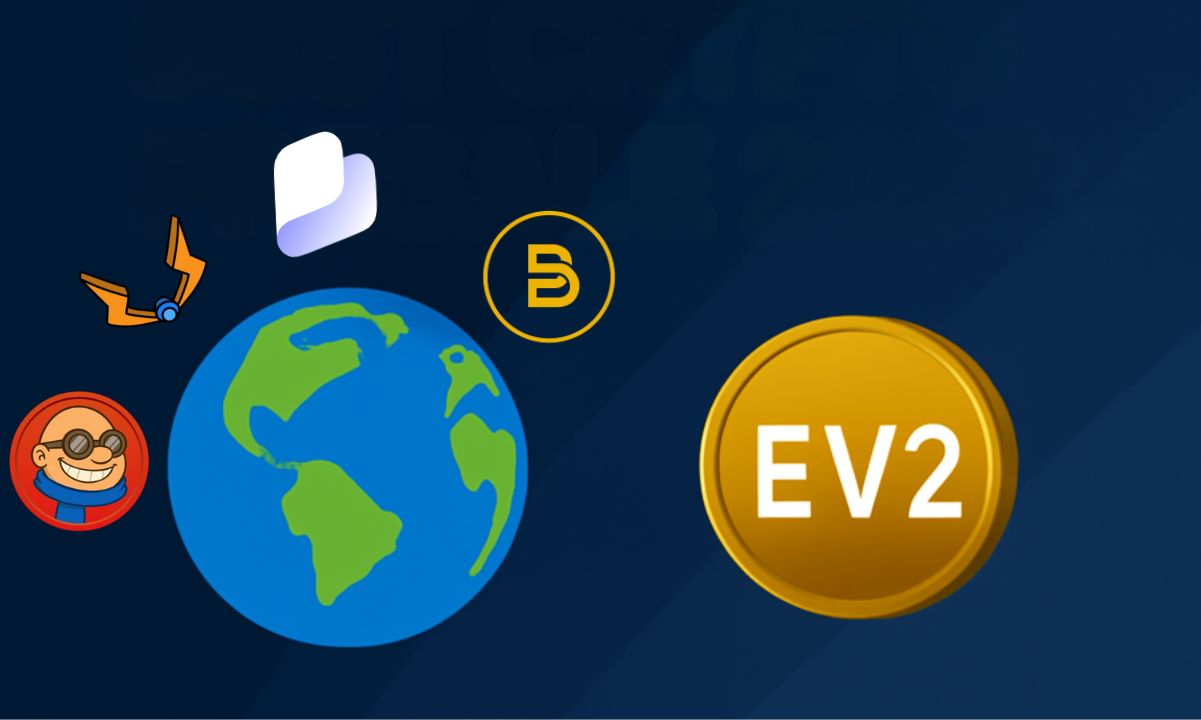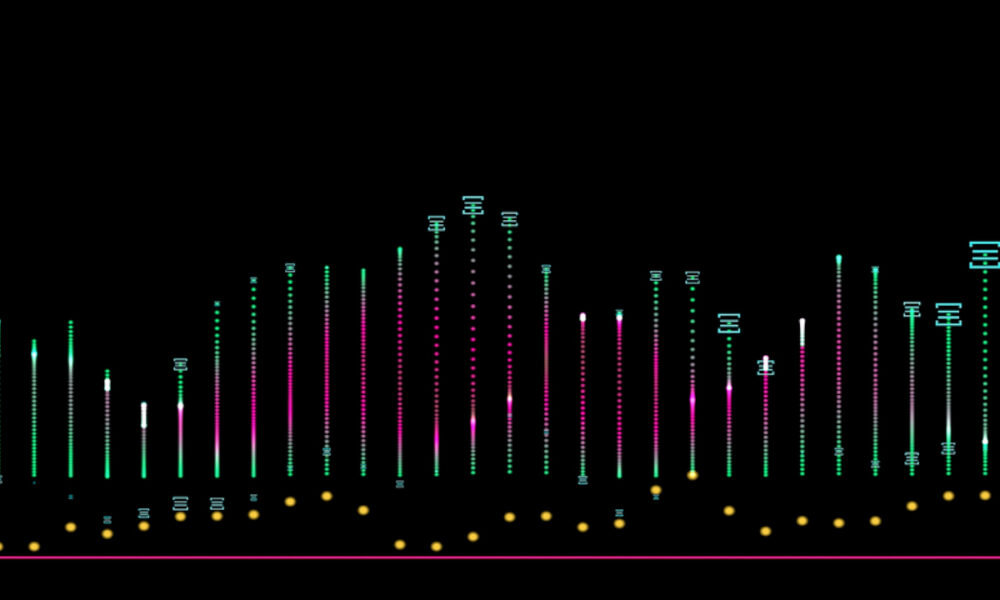Acurast, a startup building decentralized physical infrastructure, announced a total of $11M in funding to date. The company’s goal is to turn smartphones into a global network of distributed computing resources.
Acurast is recovering the DePIN narrative, aiming to build another decentralized network for distributed computing. The company aims for a global mesh of connected smartphones, with confidential verification.
“Mainnet marks the moment Acurast becomes a genuinely open, global compute fabric ready for real-world integration. Billions of smartphones are the most battle-tested hardware on earth,” said Alessandro De Carli, founder of Acurast.
Following a raise of $11M, Acurast also announced its Genesis Mainnet launch, available from November 17. The launch will coincide with the TGE for the native ACU token.
Acurast tapped leading VC backers in the past two years
In total, Acurast has raised over $25M from a mix of ICO sales, VC backing, and angel investors. The most recent round of $11M includes non-dilutive grants and token-based rounds, performed between 2023 and 2025.
The company also held an over-subscribed public token sale in May 2025, raising an additional $5.4M.
Acurast also tapped leading backers from other crypto projects, including Dr. Gavin Wood, Leonard Dörlochter (Founder, peaq), Michael van de Poppe (Founder, MN Capital), Scytale Digital, Ogle (Founder, GlueNet; CoinDesk’s Most Influential), and Vineet Budki (CEO, Sigma Capital).
The company also gained support from the Web3 Foundation. Acurast has reached its product launch stage after spending years with limited activity and no token trading. Currently, the DePIN narrative remains subdued, but Acurast showed startups are still building.
Acurast has already ran its product in its testnet version, with 146,443 smartphone users onboarded. The incentivized testnet showed distributed computation could scale for enterprise-grade usage.
Acurast uses verification for all device computing power
Unlike other DePIN projects, which rely on self-reported hardware specifications, or third-party cloud computing, Acurast verifies each device’s capabilities and potential workloads. The process ensures all sensitive user data are protected.
“Acurast is creating a new, user-owned compute layer that aligns perfectly with where AI is heading. Hardware verification, enclave-based confidentiality, and a massive potential footprint of smartphones combine into a defensible moat that server-centric models can’t compete with,” said Vineet Budki, CEO of Sigma Capital.
The Acurast mainnet will also be open to developers from other Web3 protocols, and is compatible with other major blockchains and protocols. Builders can use the Acurast mainnet for off-chain execution, automation, AI workloads, web crawling tasks, testing and more. The network is securely encrypted for data-sensitive tasks.
Want your project in front of crypto’s top minds? Feature it in our next industry report, where data meets impact.
Source: https://www.cryptopolitan.com/acurast-11m-mobile-decentralized-network/


